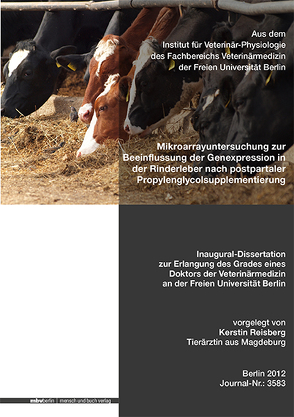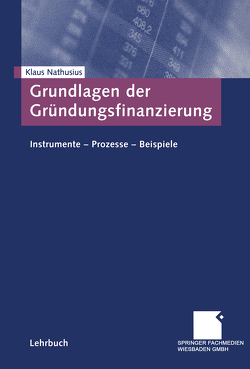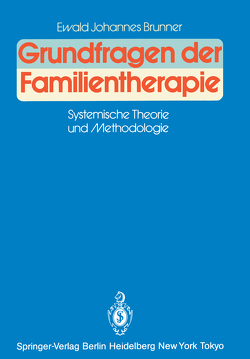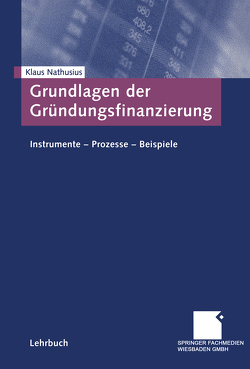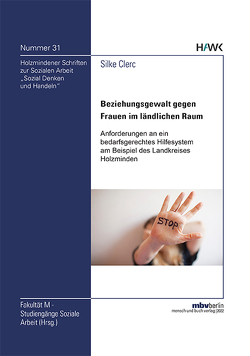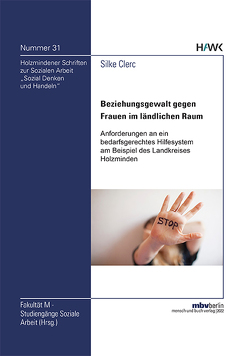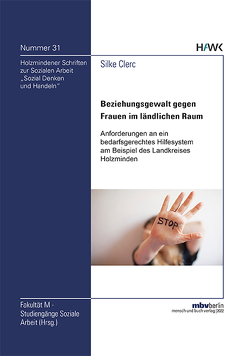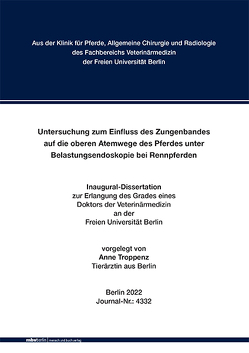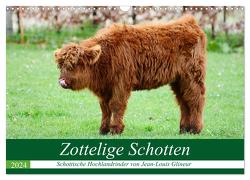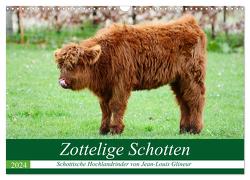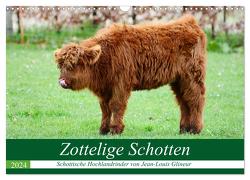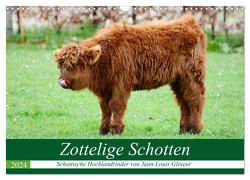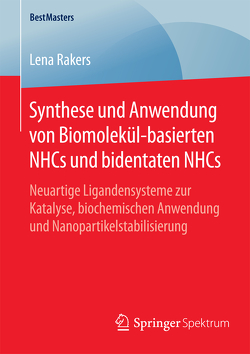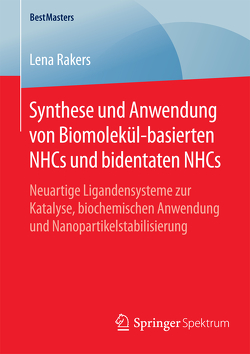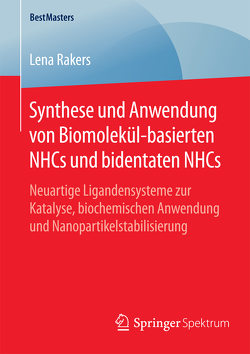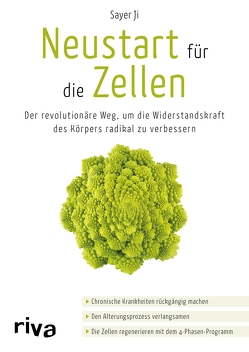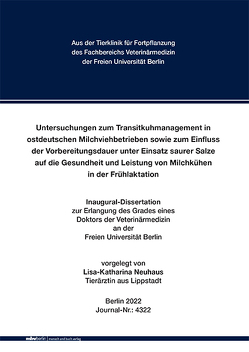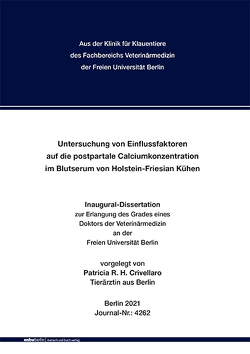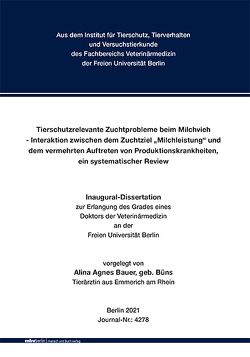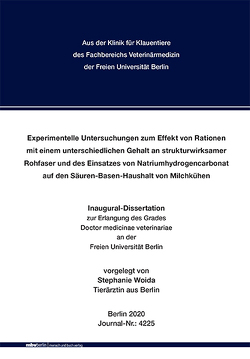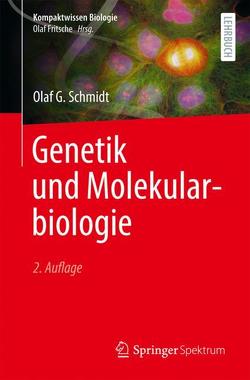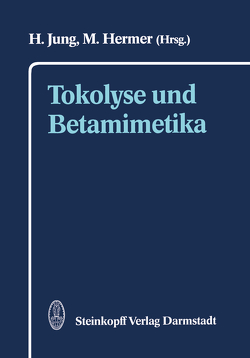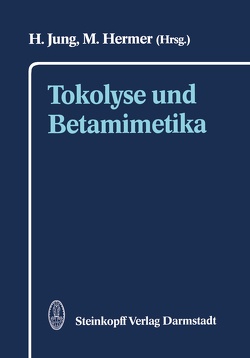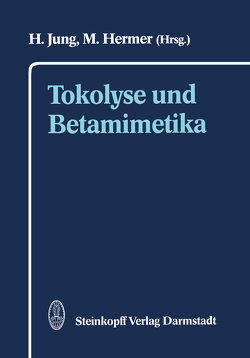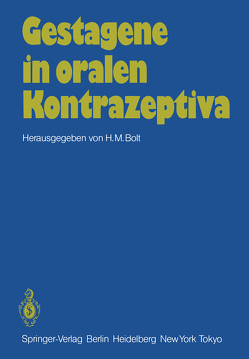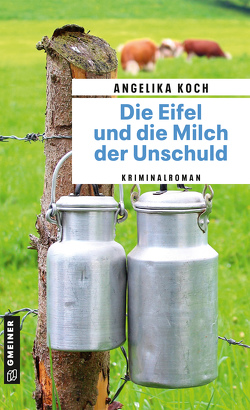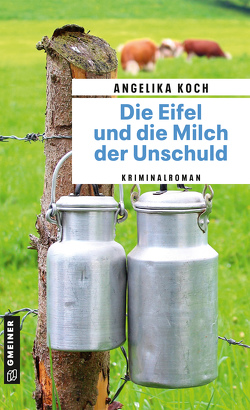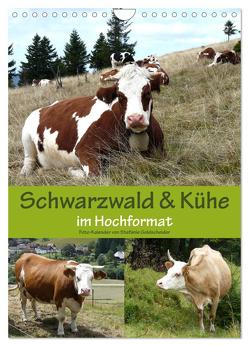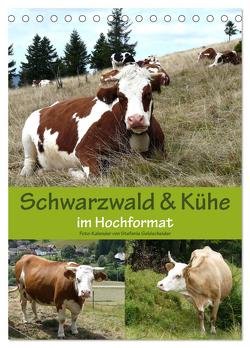Mikroarrayuntersuchung zur Beeinflussung der Genexpression in der Rinderleber nach postpartaler Propylenglycolsupplementierung
Kerstin Reisberg
Microarray studies on the influence of postpartum propylene glycol supplementation on gene expression in the liver of cows
The aim of this study was to investigate the influence of an oral propylene glycol (PG) administration on gene expression of major metabolic pathways in the liver of dairy cows. PG has been used over decades in the prevention and therapy of bovine ketosis although its mode of action is still not understood completely. When investigating the mode of action of PG, earlier studies preferred to measure only the changes in blood concentrations of glucose, ketone bodies and other metabolites and therefore retrieved only indirect results on liver metabolism. In the present study, an Affymetrix microarray was used to investigate genome-wide gene expression in bovine liver.
Fresh lactating Holstein dairy cows were randomly assigned to three treatment groups. Control group (CON), PGF1 group (300 g/day PG as total mixed ration [TMR]) or PGD (300 g/day PG as TMR and additionally 512 g PG (500 ml PG mixed into 10 l water) as Drench at d 10 post partum [pp.]). Cows received PG supplementation from day 1 until day 40 pp. They had ad libitum access to TMR and water. In the first part of the study, liver biopsies were collected from cows in CON1, PGF1 and PGD on day 10 pp. (10 cows per group; 2 hours after drenching). In the second part of this study blood samples were taken from 15 cows of a CON2 and PGF2 group on day 1, 4, 10, 20, 40, and 70 pp. for analysis of sterol concentration in the serum.
Liver tissue mRNA was extracted and reverse transcribed using the Affymetrix protocol. cRNA probes were labeled, fragmented and hybridized to the bovine oligonucleotide microarray (Affymetrix). The raw data was processed and analyzed using Bioconductor and the statistical software R. The statistical analysis of predefined sets of genes showed an upregulation of genes encoding for enzymes of the cholesterol biosynthesis pathway on day 10 pp. The results from qRT-PCR experiments on the same samples verified a simultaneous up-regulation of two genes encoding for two key enzymes of the cholesterol biosynthesis (hydroxymethylglutaryl-CoA reductase and squalene monooxygenase). To prove that upregulation of genes belonging to the cholesterol synthesis pathway is functionally relevant, the concentration of cholesterol, as well as the concentrations of its precursors lanosterol and desmosterol, were measured in blood. For all three sterols, concentrations were significantly elevated after PG feeding on day 20 post partum. Stimulation of endogenous de novo synthesis can be assumed as the origin of the measured increase in serum cholesterol because the TMR was demonstrably free of cholesterol. Elevated levels of lanosterol and desmosterol also point towards an increased endogenous synthesis due to PG feeding.
Cholesterol biosynthesis has never received focused attention in cattle in connection with propylene glycol feeding. Transcriptional regulation of cholesterol synthesis is in the liver of ruminants is a completely new observation and should be kept in mind when using PG as feed additive in early lactation.
In humans, cholesterol synthesis is, among others, regulated by phytosterol concentration. The influence of phytosterols on cholesterol synthesis in the liver of cattle has not been investigated in detail until today. Phytosterols are common components of plants, and food of cattle contains phytosterols in high concentrations. In this study, for the first time, serum concentration of the phytosterols brassicasterol, campesterol, sitosterol and stigmasterol were measured in cattle (CON2 and PGF2). Despite the equal concentration of phytosterols in both rations, the serum concentrations of phytosterols were elevated on day 10 and 20 pp. after PG administration. This could suggest that PG not only promotes the cholesterol synthesis in liver tissue of cattle, but may also have an additional influence on sterol transport in the gut.
As a conclusion, the fact that cholesterol synthesis in the liver of cattle is regulated by PG could provide an explanation for the better suitability of PG in treatment and prevention of bovine ketosis compared to other glucogenic substances. Cholesterol synthesis is on the one hand a ketone body utilizing pathway and on the other hand generates cholesterol for lipoprotein and milk fat synthesis. This study shows for the first time, that PG feeding upregulates cholesterol synthesis in the liver in a transcriptional way, the underlying mechanism of this regulation requires further investigation.
